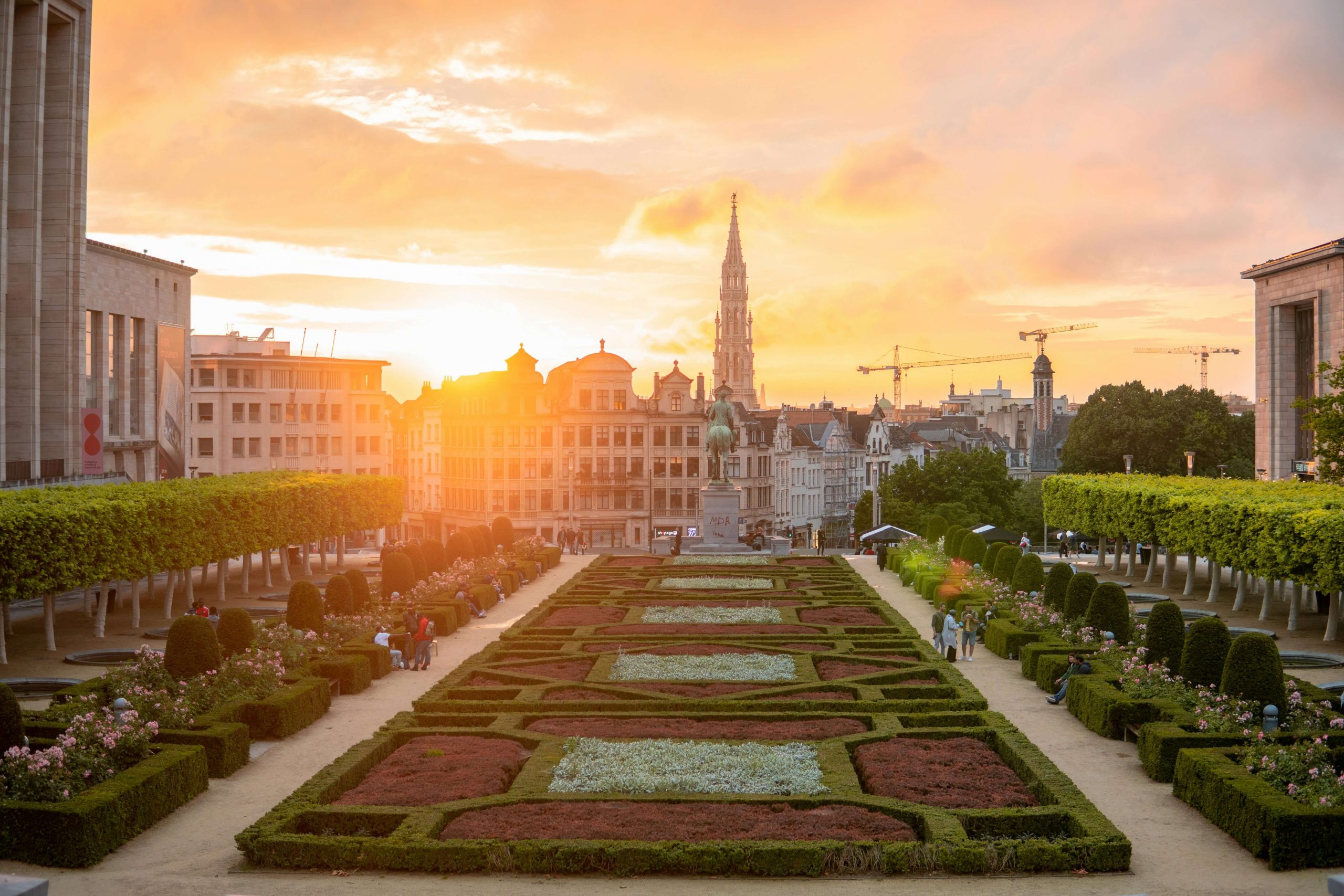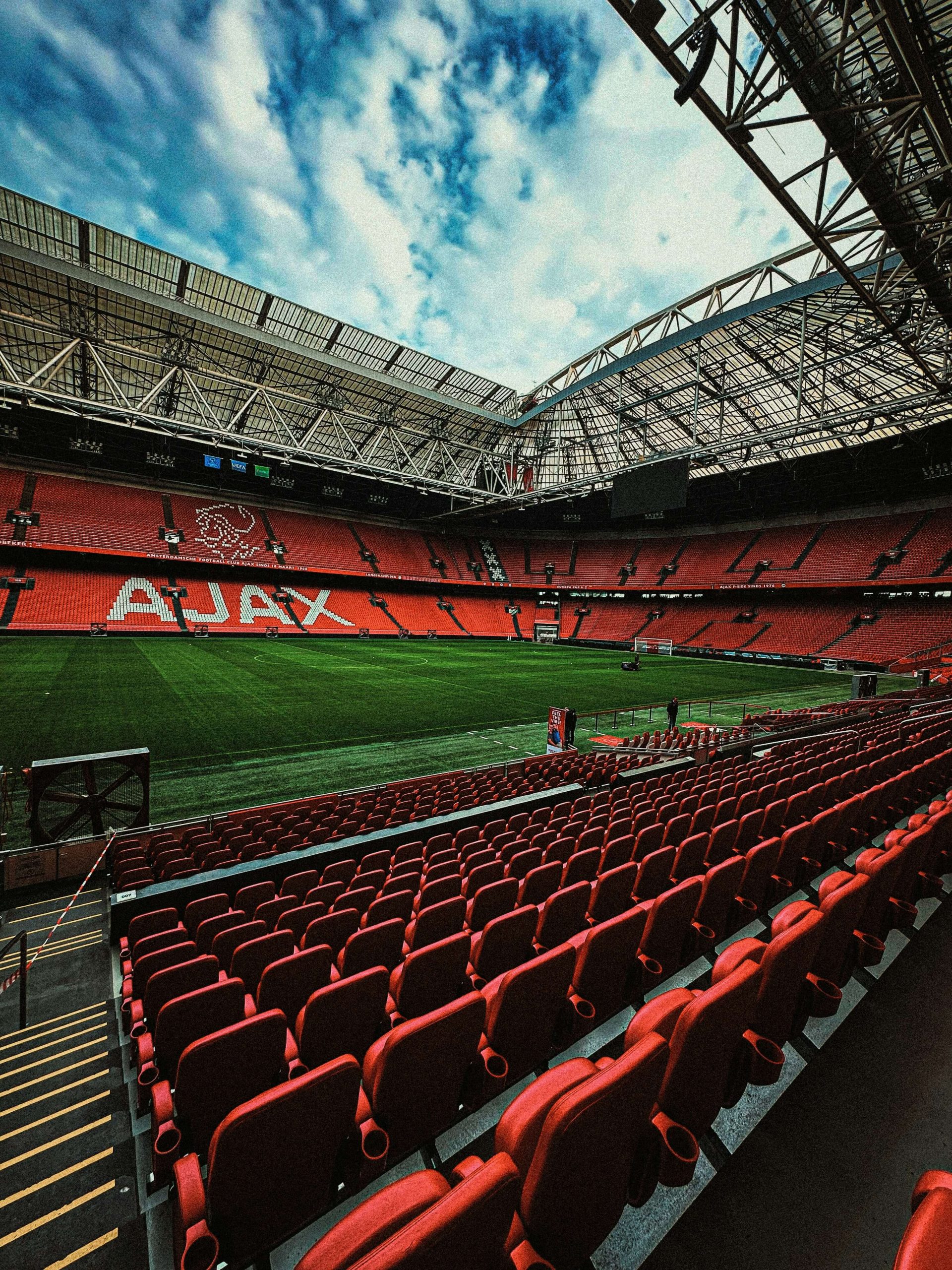
European Football Championship 2000
The eleventh European Football Championship held in 2000 made history right from the selection of the host countries. For the first time, two countries were joint hosts: Belgium and the Netherlands. The qualification process was partly changed from the previous edition, with only group winners guaranteed a spot in the final tournament.
Qualifications
Forty-nine teams participated in the qualifications for this European Championship, divided into nine groups. In addition to the group winners who directly qualified for the European Championship, the best second-placed team also qualified directly. The other second-placed teams went to the playoffs. The playoffs consisted of two matches, after which four more teams earned the chance to compete in Belgium and the Netherlands. The winner of Group 1 was Italy, with Denmark finishing second. In Group 2, Norway topped the group, followed by Slovenia. Germany won Group 3, with Turkey in second place. France was the best in Group 4, with Ukraine finishing second. Sweden was the best in Group 5, leaving England in second place. From Group 6, Spain qualified for the European Championship, with Israel finishing second. In Group 7, Romania was one point better than Portugal. However, after all group matches, Portugal was the best second-placed team, securing direct qualification to Belgium and the Netherlands. The Federal Republic of Yugoslavia was the best in Group 8, losing only one match, while the Republic of Ireland finished second. Group 9 saw outstanding performances by the Czech Republic, which finished with ten wins from ten matches, taking first place. Scotland finished second in this group. Denmark, England, Turkey, and Slovenia qualified for the European Championship from the playoffs.
Host Country
Belgium and the Netherlands jointly organized the European Championship, which was held in June 2000. In Belgium, the host cities were Brussels, Bruges, Liège, and Charleroi. The Netherlands hosted matches in Amsterdam, Rotterdam, Arnhem, and Eindhoven. The semifinals were held in Brussels and Amsterdam, while the final was played in Rotterdam.

Brussels, one of the cities that hosted football players in Belgium. Photo: unsplash.com.
Participating Teams
Sixteen teams participated in this European Championship. As hosts, Belgium and the Netherlands automatically qualified for the final tournament. The teams that qualified by finishing first in their groups were the Czech Republic, Norway, Sweden, Spain, Italy, Germany, France, Romania, and the Federal Republic of Yugoslavia. Portugal was the best second-placed team in the qualifications, and through the playoffs, the teams from England, Denmark, Slovenia, and Turkey also made it to the Championship.
Group Stage
All teams were divided into four groups. Group A included Germany, Romania, Portugal, and England. To the surprise of many, Portugal finished first in this group, with Romania second, while England and Germany, the top favorites to advance, finished third and fourth. This meant that the 1996 champion, Germany, was eliminated in the first stage of this European Championship.
Group B included Belgium, Sweden, Turkey, and Italy. Italy was the best team in this group, and Turkey also advanced to the next stage. Spain, Norway, the Federal Republic of Yugoslavia, and Slovenia competed in Group C. Spain finished first in this group, and the Federal Republic of Yugoslavia secured second place due to their higher number of goals scored, finishing ahead of Norway. Group D’s rivals were the Netherlands, the Czech Republic, France, and Denmark. The Netherlands won all three matches and finished first in this group, with France second. The Czech Republic, which had excellent matches in the qualifications, failed to replicate that form in the group stage and finished third.
Knockout Stage
Portugal defeated Turkey 2-0 in the quarterfinals, with Nuno Gomes scoring both goals. In the second match, Italy beat Romania by the same score, with goals from Totti and Filippo Inzaghi. In the third match, the Netherlands crushed the Federal Republic of Yugoslavia 6-1; Patrick Kluivert scored a hat-trick, Marc Overmars scored twice, and Govedarica scored an own goal. The only scorer for the Federal Republic of Yugoslavia was Savo Milošević. In the final quarterfinal match, France defeated Spain 2-1 with goals from Zidane and Djorkaeff, while Mendieta was the lone scorer for Spain.
In the first semifinal, France faced Portugal. The regular time ended 1-1, with goals from Henry and Nuno Gomes. In extra time, Zidane secured France’s victory with a “golden goal” from a penalty just minutes before the end of the second extra time. Italy and the Netherlands met in the second semifinal. After 90 minutes, the score was 0-0, and it remained the same after extra time. In the penalty shootout, Italy was better, winning 3-1 on penalties to advance to the final.

The famous Ajax stadium in Amsterdam, where one of the semi-finals was played. Photo: unsplash.com.
Final
The final match brought an exceptionally thrilling duel between France and Italy. Italy took the lead with a goal by Delvecchio in the 55th minute, and it seemed they would win the Championship. However, in the fourth minute of stoppage time, Wiltord equalized for France, taking the match into extra time. Trezeguet scored another “golden goal” for the French, securing them the European Championship title.
Statistics
Savo Milošević and Patrick Kluivert, each with five goals, were the top scorers of this European Championship. France’s Zinedine Zidane was the best player in the tournament.
Interesting Facts
France became the European champion in football for the second time. At that moment, they achieved what many dream of being both European and World champions simultaneously. This generation of French footballers will be remembered with golden letters in European and French football history.



